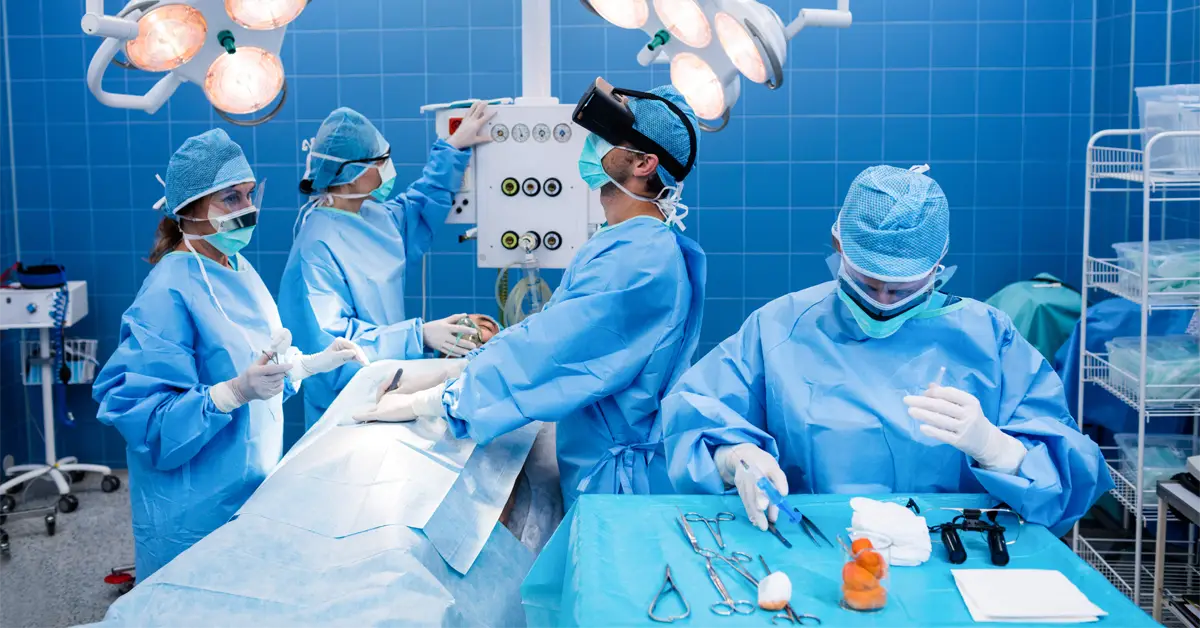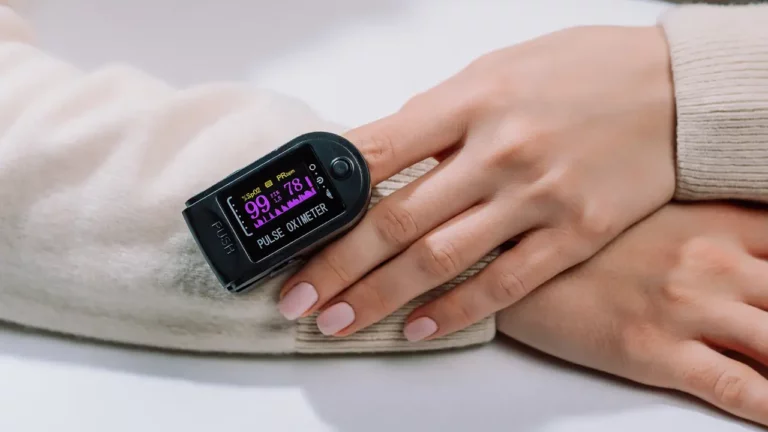Postoperative care, or post op care, is an essential component of the surgical process, and it plays a crucial role in ensuring a smooth recovery and minimizing the risk of complications. For healthcare providers (HCPs), understanding the importance of post operation care and how to prepare for it is essential for providing the best possible care for their patients. In this article, we will discuss the importance of preparing for post operation care, what to expect during recovery, tips for a successful recovery, when to seek medical attention, and how remote patient monitoring (RPM) improves post-operative care.
What is Postoperative Care?
Postoperative care refers to the medical treatment and management a patient receives after a surgical procedure. This care is designed to manage pain, identify and prevent complications, and promote healing and recovery. It typically includes follow-up visits with a healthcare provider, medication management, wound care, and physical therapy, among other treatments. The goal of post operation care is to ensure that the patient’s recovery is as smooth and successful as possible and to provide the best possible patient care.
Preparing for Postoperative Care
Postoperative care begins before surgery with preoperative evaluations, which are crucial for identifying any potential risks and determining the patient’s individual needs. HCPs will take a thorough medical history of the patient, perform a physical examination, and order any necessary laboratory tests or imaging studies.
To prepare for post-operative care, patients should take several steps before surgery, such as quitting smoking to avoid complications and adjusting any medications they are taking to avoid interactions with anesthesia.
It is also important to prepare for postoperative pain, which is a common experience following surgery. Patients should discuss pain management options with their care provider prior to surgery to ensure that appropriate measures are taken to manage postoperative pain during the recovery process.
What to Expect During Recovery
During the postoperative period, patients can expect to be closely observed and cared for by HCPs. The recovery process will vary depending on the type of surgery performed, with a minor procedure such as laparoscopic surgery having a shorter recovery period of a few days, while a major procedure like a hip replacement may take several months.
Pain management is an essential aspect of post-operative care, and patients can expect to receive analgesics such as opioids and non-opioids to help manage pain. Physical therapy and rehabilitation are also an important part of the recovery process, as they aid in regaining strength and mobility while minimizing the risk of complications.
After surgery, patients will typically be moved to the recovery room for monitoring and observation. Wound care is also an important aspect of post operation care, and patients can expect to be closely monitored for signs of infection with proper wound care provided to minimize the risk of infection. Discharge from the hospital typically occurs within 24 to 48 hours following surgery. However, patients may need to stay longer depending on the type of surgery they had. Patient safety is the top priority during the postoperative period, and patients can expect to be closely monitored during the first few days following surgery to ensure a safe recovery.
Tips for a Successful Recovery
To ensure a successful recovery, there are several tips that patients should keep in mind. Managing pain effectively, both in the recovery room and in the days and weeks after surgery is crucial. Staying hydrated, eating a well-balanced diet, and getting plenty of rest are also important for helping the body heal.
Preparing for a smooth transition from the hospital to home is also essential. Patients should arrange for any necessary home care or equipment, such as a hospital bed or wheelchair, before being discharged, especially if they are being discharged from the recovery room or intensive care unit. This will ensure that patients have the necessary support and equipment to continue their recovery at home.
When to Seek Medical Attention
During the postoperative period, it is important for patients to be aware of potential complications or signs of infection. Complications may include fever, redness or swelling at the surgical site, severe pain, or difficulty breathing. If the patient experiences any of these symptoms, they should seek medical attention immediately.
Additionally, HCPs should advise their patients to schedule follow-up care to monitor their recovery and identify any potential complications early on. Complications may be caused by infection, bleeding, blood clots, or other issues, and early detection can help prevent them from becoming more serious. If a patient is discharged to a care unit, they will be closely monitored, but if they are recovering at home, they should be advised to contact their care provider if they notice any signs of complications.
How DrKumo Remote Patient Monitoring Improve Postoperative Care
The DrKumo RPM system improves postoperative care by allowing healthcare providers to track patients remotely and in real-time, even after they have been discharged from the hospital. DrKumo RPM technology is compliant with HIPAA regulations and can be accessed through mobile devices, and uses AI/ML technology to monitor vital signs such as heart rate, blood pressure, and oxygen levels, as well as track recovery progress using questionnaires and other forms of data collection. This technology allows for timely interventions and helps to reduce complications and promote a smooth recovery. Additionally, DrKumo RPM solutions help to identify potential complications early on, such as an infection, and intervene quickly to prevent it from becoming serious. This leads to improved patient outcomes, faster recovery, and reduced healthcare costs.
Takeaways
Post operation care is a vital aspect of the surgical process, and it plays a critical role in promoting a smooth recovery and reducing the risk of complications. Understanding what to expect during recovery, following tips for a successful recovery, and knowing when to seek medical attention are all important for HCPs to provide the best possible care for their patients. It is essential to stay informed on the latest developments in post operation care to ensure that our patients have the best outcomes possible.
“Improve postoperative care for your patients with DrKumo RPM solutions. Take the first step in revolutionizing healthcare and enhancing patient outcomes by contacting us today.”








